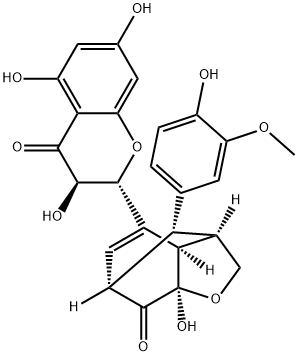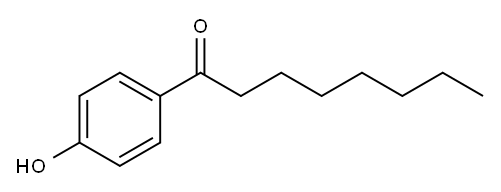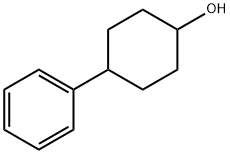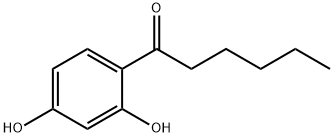Silydianin , Analysis of standard products, ≥98% , 29782-68-1
Synonym(s):
Silidianin
CAS NO.:29782-68-1
Empirical Formula: C25H22O10
Molecular Weight: 482.44
MDL number: MFCD00238684
EINECS: 249-848-5
| Pack Size | Price | Stock | Quantity |
| 10MG | RMB1279.20 | In Stock |
|
| others | Enquire |
PRODUCT Properties
| Melting point: | 191℃ |
| Boiling point: | 819.0±65.0 °C(Predicted) |
| Density | 1.675±0.06 g/cm3(Predicted) |
| storage temp. | 2-8°C |
| solubility | DMSO (Slightly), Methanol (Slightly, Sonicated) |
| form | Solid |
| pka | 7.41±0.60(Predicted) |
| color | White to Off-White |
| Water Solubility | practically insoluble in water |
| Major Application | pharmaceutical (small molecule) |
| InChIKey | CYGIJEJDYJOUAN-JSGXPVSSSA-N |
| SMILES | COc1cc(ccc1O)[C@@H]2[C@H]3CO[C@]4(O)[C@H]3C(=C[C@H]2C4=O)[C@H]5Oc6cc(O)cc(O)c6C(=O)[C@@H]5O |
Description and Uses
Silydianin is a flavonolignan found in S. marianum and has diverse biological activities. It inhibits tyrosinase (IC50 = 2.6 μM for the mushroom enzyme) and scavenges DPPH radicals in a cell-free assay (IC50 = 66.8 μM). Silydianin (100 μM) protects against cytotoxicity induced by allyl alcohol, carbon tetrachloride, paracetamol (acetaminophen), or D-galactosamine in primary human hepatocytes. It inhibits the proliferation of DU145 and PC3 prostate cancer cells when used at a concentration of 90 μM. Silydianin (1%) prevents methacholine-induced airway hyperresponsiveness (AHR) and reduces blood and bronchoalveolar lavage fluid (BALF) levels of eosinophils in an ovalbumin-sensitized mouse model of allergic asthma when administered via inhalation.
Silydianin is an active constituent of Silybium marianum and is known the exhibit anti-inflammatory activity which regulates caspase-3 activation which affects cell membranes and acts as a free radical scavenger.






